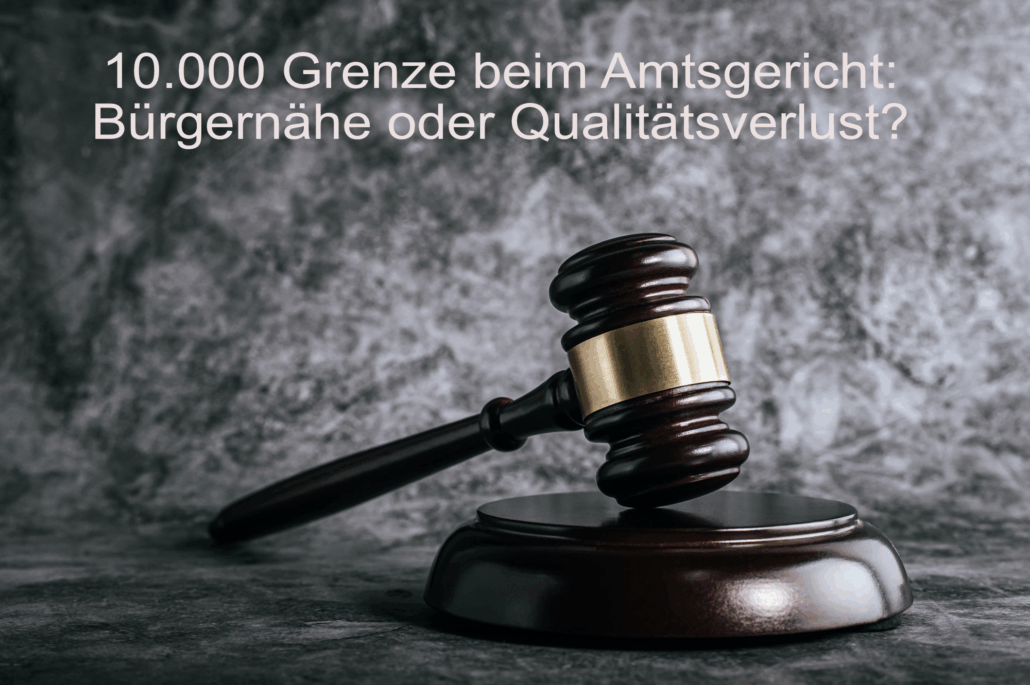In a very recent ruling, the Federal Court of Justice (BGH) has made insightful statements on the extremely practical question of when a quality agreement can be assumed in a specific case in the absence of an express agreement.
I.
The BGH ruling of August 31, 2017 (case no. VII ZR 5/17, NJW 2017, 3590) states:
” Taking these standards into account, the interpretation of the contract for work and services undertaken by the appellate court does not stand up to appellate review. The result of the interpretation of the appellate court, according to which no (implied) quality agreement was concluded with regard to the color stability of the white coating, is based on a violation of the principle of the interpretation of the contract in accordance with the interests of both parties. When interpreting the contract with regard to a possible quality agreement, the legitimate expectation of the customer regarding the work performance is of importance (see BGH, NJW 2007, 3275 = NZBau 2007, 507 = BauR 2007, 1407 [1409] para. 23). In the absence of a discussion of the risk of yellowing before or at the conclusion of the contract and in the absence of special expertise on this problem, the defendant was entitled, in view of the considerable costs of the painting work, to have the legitimate expectation that the white coating determined after the inspection of the test area – assuming normal cleaning – would not yellow more than insignificantly after less than one year. The appellate court did not sufficiently consider this aspect, which is important for a mutually fair interpretation of the contract.”
II.
Conclusion:
In this interesting ruling, the BGH clarified that a conclusive agreement on a certain quality may exist even if there is no confirmatory statement. Rather, it may be sufficient if the buyer has a legitimate expectation with regard to a certain quality that is recognizable to the seller in the individual case.


Up to €10,000 in the local court – a mistake with an announcement. The planned reform of the amount in dispute will shift masses of proceedings from the regional courts to the local courts. Sounds like a relief – but will have the opposite effect.

Sometimes a single sentence decides billions. This is exactly what happened with the Stuttgart 21 project. At the center of the legal dispute was a short contractual provision – the so-called “speech clause”.

International agreements on jurisdiction, especially if they are to have exclusive validity, generally have the purpose of protecting the party benefiting from the agreement from the often very considerable costs of a legal dispute in a foreign country.
Unfortunately, however, it is not uncommon for the other contracting party to suddenly no longer want to know about the jurisdiction agreement in the event of a dispute. The background to such a dishonest approach is – obviously – not least the potential for blackmail associated with such an approach. This is because the party that finds itself – in breach of the jurisdiction agreement – exposed to a foreign lawsuit is regularly forced to take action abroad through lawyers in order to avoid legal disadvantages. This in turn is often very expensive, with the USA being the most prominent example.

I look forward to our networking.
Diese Webseite nutzt Cookies. Wenn Sie die Webseite weiterhin nutzen, gehen wir von Ihrem Einverständnis aus.
VerstandenMehr erfahrenWe may request cookies to be set on your device. We use cookies to let us know when you visit our websites, how you interact with us, to enrich your user experience, and to customize your relationship with our website.
Click on the different category headings to find out more. You can also change some of your preferences. Note that blocking some types of cookies may impact your experience on our websites and the services we are able to offer.
These cookies are strictly necessary to provide you with services available through our website and to use some of its features.
Because these cookies are strictly necessary to deliver the website, refusing them will have impact how our site functions. You always can block or delete cookies by changing your browser settings and force blocking all cookies on this website. But this will always prompt you to accept/refuse cookies when revisiting our site.
We fully respect if you want to refuse cookies but to avoid asking you again and again kindly allow us to store a cookie for that. You are free to opt out any time or opt in for other cookies to get a better experience. If you refuse cookies we will remove all set cookies in our domain.
We provide you with a list of stored cookies on your computer in our domain so you can check what we stored. Due to security reasons we are not able to show or modify cookies from other domains. You can check these in your browser security settings.
These cookies collect information that is used either in aggregate form to help us understand how our website is being used or how effective our marketing campaigns are, or to help us customize our website and application for you in order to enhance your experience.
If you do not want that we track your visit to our site you can disable tracking in your browser here:
We also use different external services like Google Webfonts, Google Maps, and external Video providers. Since these providers may collect personal data like your IP address we allow you to block them here. Please be aware that this might heavily reduce the functionality and appearance of our site. Changes will take effect once you reload the page.
Google Webfont Settings:
Google Map Settings:
Google reCaptcha Settings:
Vimeo and Youtube video embeds:
The following cookies are also needed - You can choose if you want to allow them:
You can read about our cookies and privacy settings in detail on our Privacy Policy Page.
Datenschutzerklärung